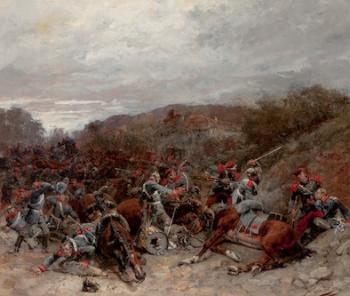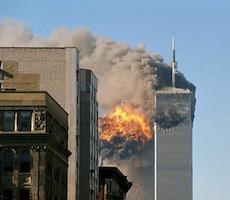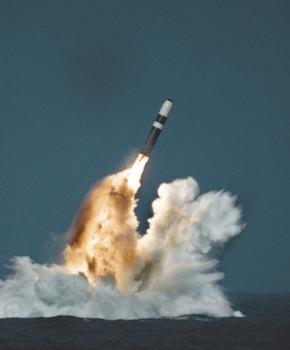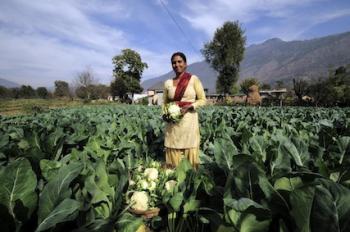International relations is the field of study that looks at relations between states as well as other dominant actors such multinational corporations (MNCs), international institutions such as the World Trade Organization (WTO), international non-governmental organizations (NGOs) such as Amnesty International, and social movements such as women’s movements, environmental movements and international terrorism. International relations also looks at empirical issues, such as globalization and the distribution of military power; ethical issues, such as humanitarian intervention and human rights; and social science issues, such as the proper methodologies to use in the field, competing epistemological and ontological views, and whether international relations theories are explanatory, constitutive, or both.
While the study of international politics has been the concern of authors for millennia, the academic discipline of international relations is relatively new. This field of study emerged at the end of the First World War as a result of a sense of urgency that the world needed to know how to sustain international peace. The study of international relations thus aimed to better understand the causes of the Great War with the hope that the information collected and the theories developed would help international actors make better decisions about how to avoid such a catastrophe in the future.
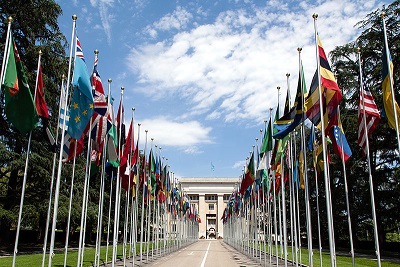 International liberalism became a dominant force in international relations following the Great War. Often called idealism or utopianism, this theory suggested that peace would only come about if classical balance-of-power notions were replaced with a system of collective security in which states would see their domestic goals as transferable to the international sphere. This would allow for increased cooperation between states, especially where rational common interests were developed. For example, Woodrow Wilson’s idealism suggested that a state’s goal such as ending poverty at home should also be seen as an international goal of tackling poverty abroad. Under such a system, a country could work with other countries to pursue long-term interests and bring about absolute gains at home without worrying about relative gains, which were the focus of balance-of-power politics. Ideas promoting the transfer of domestic powers to international institutions (such as the United Nations or the European Union) and the importance of international law are rationally supported by the theory of liberalism.
International liberalism became a dominant force in international relations following the Great War. Often called idealism or utopianism, this theory suggested that peace would only come about if classical balance-of-power notions were replaced with a system of collective security in which states would see their domestic goals as transferable to the international sphere. This would allow for increased cooperation between states, especially where rational common interests were developed. For example, Woodrow Wilson’s idealism suggested that a state’s goal such as ending poverty at home should also be seen as an international goal of tackling poverty abroad. Under such a system, a country could work with other countries to pursue long-term interests and bring about absolute gains at home without worrying about relative gains, which were the focus of balance-of-power politics. Ideas promoting the transfer of domestic powers to international institutions (such as the United Nations or the European Union) and the importance of international law are rationally supported by the theory of liberalism.
International realism became the dominant force in international relations following the Second World War and throughout the Cold War. Two of the foundational texts in international realism (and in the study of international relations itself) are E.H. Carr’s The Twenty Years’ Crisis (referring to the failings of the international system in the 1920s and 30s), and Hans Morgenthau’s Politics Among Nations. These texts were motivated by a belief that the views of idealists misunderstood the very nature of international politics. That is, realists believe that the liberal project, which looked to tame states’ struggles for power by promoting a collective security, neglected the inherent self-interestedness of states and would ultimately fail. The realist criticism of international liberalism, which began by Carr before the Second World War and was contributed to by Morgenthau and others in the 1940s and 50s, is considered to by the first great debate in international relations.
Since the 1950s, international relations has rapidly expanded by encompasses new theories and new applications. International relations, no longer confined to concerning itself with peace, expanded itself to include discussion on foreign policy, globalization, and other dominant actors (other than states) listed above. Contributions from the English School, neo-realists, Marxists, feminists, and environmentalists expanded the discussions in the field even further. This allows us to accurately look at international relations not simply as the study of relations between states, but more broadly as the study of world politics itself.
Image Source: Wikimedia Commons
© BrainMass Inc. brainmass.com June 29, 2024, 6:04 pm ad1c9bdddf
